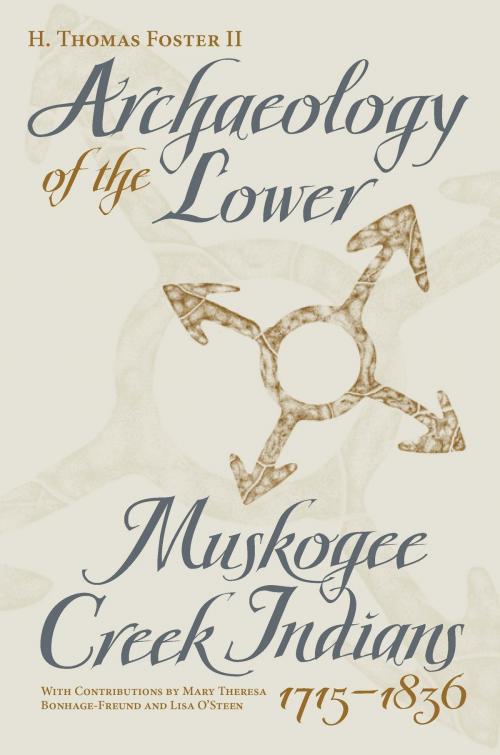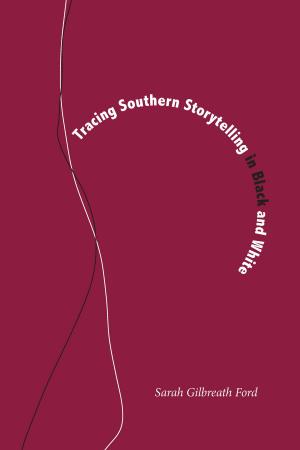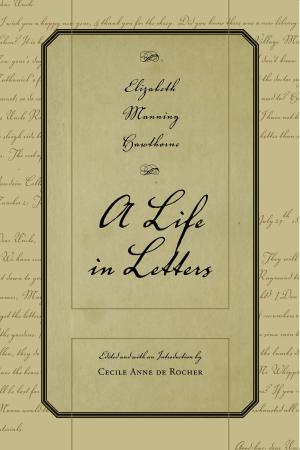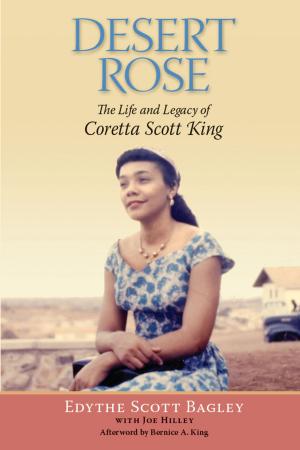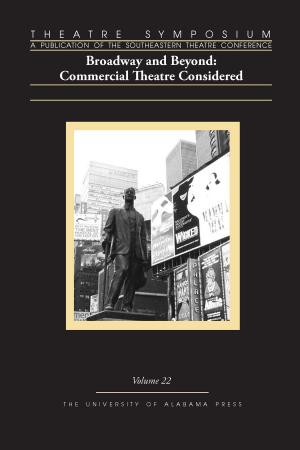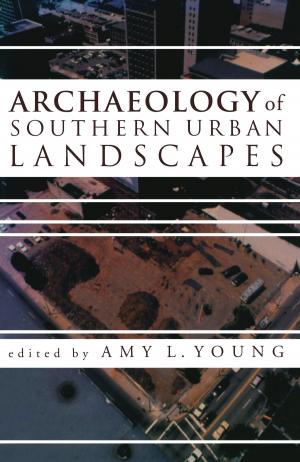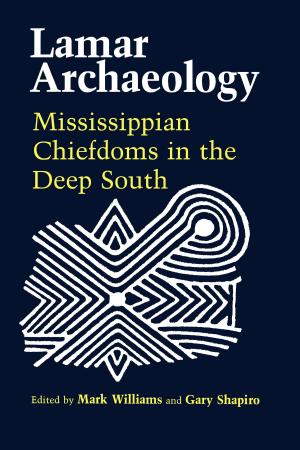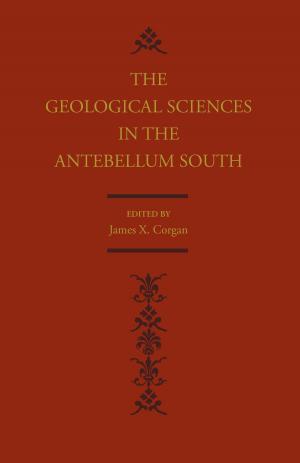Archaeology of the Lower Muskogee Creek Indians, 1715-1836
Nonfiction, Social & Cultural Studies, Social Science, Archaeology| Author: | Howard Thomas Foster, Mary Theresa Bonhage-Freund, Lisa D. O'Steen | ISBN: | 9780817381332 |
| Publisher: | University of Alabama Press | Publication: | September 15, 2009 |
| Imprint: | University Alabama Press | Language: | English |
| Author: | Howard Thomas Foster, Mary Theresa Bonhage-Freund, Lisa D. O'Steen |
| ISBN: | 9780817381332 |
| Publisher: | University of Alabama Press |
| Publication: | September 15, 2009 |
| Imprint: | University Alabama Press |
| Language: | English |
The Muskogee Indians who lived along the lower Chattahoochee and Flint River watersheds had, and continue to have, a profound influence on the development of the southeastern United States, especially during the historic period (circa 1540–1836). Our knowledge of that culture is limited to what we can learn from their descendants and from archaeological and historical sources.
Combining historical documents and archaeological research on all known Lower Muskogee Creek sites, Thomas Foster has accurately pinpointed town locations discussed in the literature and reported in contemporary Creek oral histories. In so doing, this volume synthesizes the archaeological diversity and variation within the Lower Creek Indians between 1715 and 1836. The book is a study of archaeological methods because it analyzes the temporal and geographic variation within a single archaeological phase and the biases of that archaeological data. Foster's research segregates the variation between Lower Creek Indian towns through a regional and direct historic approach. Consequently, he is able to discern the unique differences between individual Creek Indian towns.
Foster argues that the study of Creek Indian history should be at the level of towns instead of archaeological phases and that there is significant continuity between the culture of the Historic Period Indians and the Prehistoric and Protohistoric peoples.
H. Thomas Foster II, a specialist in archaeology and human ecology, is Lecturer of Anthropology at Northern Kentucky University and editor ofThe Collected Works of Benjamin Hawkins, 1796–1810. Mary Theresa Bonhage-Freund is a specialist in archaeobotanical analysis at Alma College. Lisa O'Steen is a specialist in zooarchaeological analysis at Wildcat Ridge, Watkinsville, Georgia.
The Muskogee Indians who lived along the lower Chattahoochee and Flint River watersheds had, and continue to have, a profound influence on the development of the southeastern United States, especially during the historic period (circa 1540–1836). Our knowledge of that culture is limited to what we can learn from their descendants and from archaeological and historical sources.
Combining historical documents and archaeological research on all known Lower Muskogee Creek sites, Thomas Foster has accurately pinpointed town locations discussed in the literature and reported in contemporary Creek oral histories. In so doing, this volume synthesizes the archaeological diversity and variation within the Lower Creek Indians between 1715 and 1836. The book is a study of archaeological methods because it analyzes the temporal and geographic variation within a single archaeological phase and the biases of that archaeological data. Foster's research segregates the variation between Lower Creek Indian towns through a regional and direct historic approach. Consequently, he is able to discern the unique differences between individual Creek Indian towns.
Foster argues that the study of Creek Indian history should be at the level of towns instead of archaeological phases and that there is significant continuity between the culture of the Historic Period Indians and the Prehistoric and Protohistoric peoples.
H. Thomas Foster II, a specialist in archaeology and human ecology, is Lecturer of Anthropology at Northern Kentucky University and editor ofThe Collected Works of Benjamin Hawkins, 1796–1810. Mary Theresa Bonhage-Freund is a specialist in archaeobotanical analysis at Alma College. Lisa O'Steen is a specialist in zooarchaeological analysis at Wildcat Ridge, Watkinsville, Georgia.
